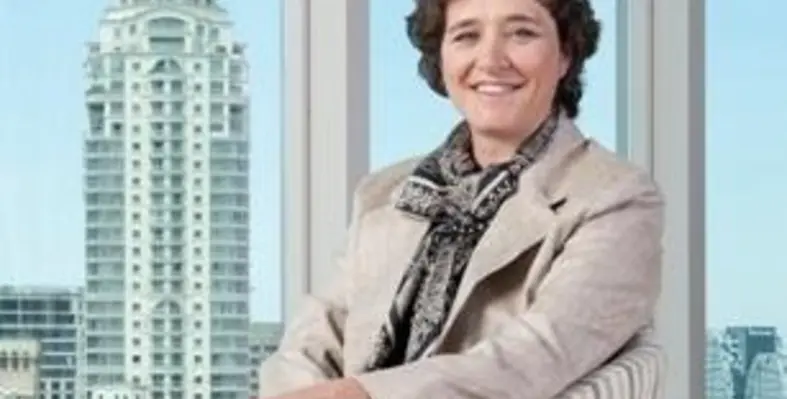Page 2 of 2
SW: What does the budget hold for the capital markets?
NN-K: I understand that the government has significant funding requirements and big infrastructure plans, which are important in this country, and that need to be implemented and developed. So, in that regard, there are very good some opportunities in the budget and there are also some challenges.
If you look at the opportunity side, the statement on carbon taxes and where they are going creates the opportunity for the first time for us to seriously look at the carbon market, a voluntary carbon market.
Now the policy regime is coming into place to incentivise the trade of carbon, so that’s an opportunity for us. I wouldn’t say it’s an extraordinarily large opportunity, but it’s an opportunity and I think we’re well positioned in this regard.
On the challenge side, we are seeing the debate in Europe around transaction taxes, but we’ve always had transaction taxes. We have also had certain exemptions, however, and the government is indicating that they want to renew those exemptions.
They are also looking at a transaction tax on durables, which would be a first, but I am not sure that they will do that. That would be a particular challenge.
There is a lot of economic research that would indicate transaction taxes significantly slow-down market activity as it’s an additional cost and people move to markets that do not have them. But these decisions are a year away, so there is a lot of time for us to work on the details.
Another point I should make is that when government is funding they use the weekly auctions that then trade on a secondary basis on the market.
I am very impressed with the amount of work that has gone into clarifying the infrastructure developments that are being planned and the very crisp statements in the budget.
SW: Could you explain your relationship with other African capital markets?
NN-K: It’s friendly, but it’s not all about business – that is the bottom line. We do not own any shares in any of them and we do not provide technology to anybody other than Namibia.
But we have got fairly close relationships with all 24 chief executives and I personally think there are a lot of opportunities for us to work together in our respective markets.
SW: Are you proposing an African market?
NN-K: No, but we do encourage cross listings. I don’t happen to believe we will have a single African exchange in my lifetime.
What we are doing here at the JSE is creating a space where top African companies can come and cross list here.
We have 14 African issues listed on the JSE exchange. It’s going to happen more and more often, because the international investor appetite for African risk and investment opportunities is definitely bright.
SW: How do you think the market might be deepened in South Africa?
NN-K: It starts with developing appropriate products and services and at an appropriate price. I think it’s about providing products that give people access in a very easy way, so just like we now have easy bank accounts, we need easy brokering accounts and such like.
SW: What is the JSE’s role in the development trajectory of South Africa?
NN-K: We are always mindful that the development of South African companies form a deep part of our nation’s socio-economic transformation.
Therefore, at the JSE there will always be an element of trying to accommodate companies to raise money and we prefer to be principles-based.
If someone has a good idea, even if it is not in the rules, we will look at it if aligns with what we are trying to achieve and try to make it work as best as possible.










